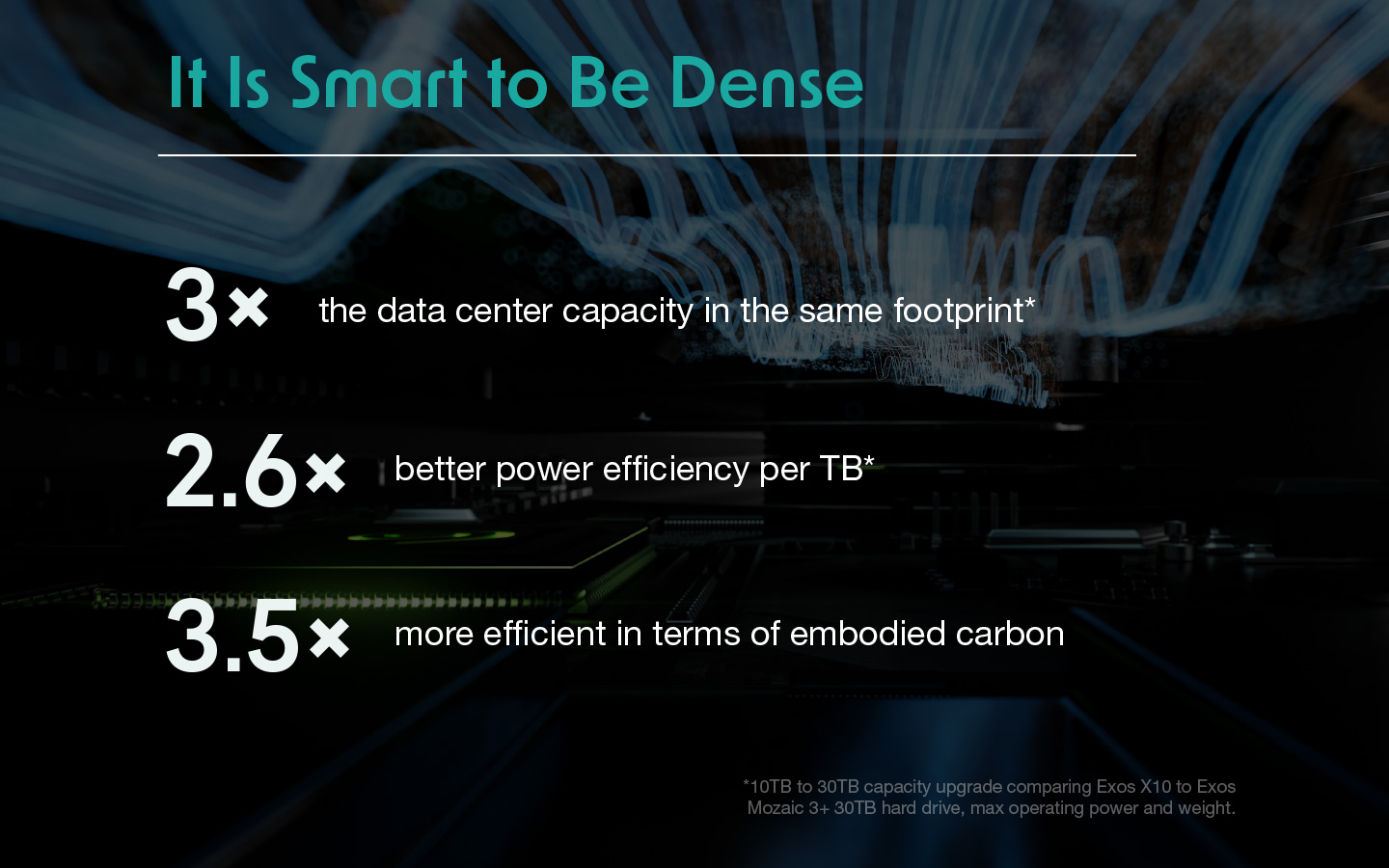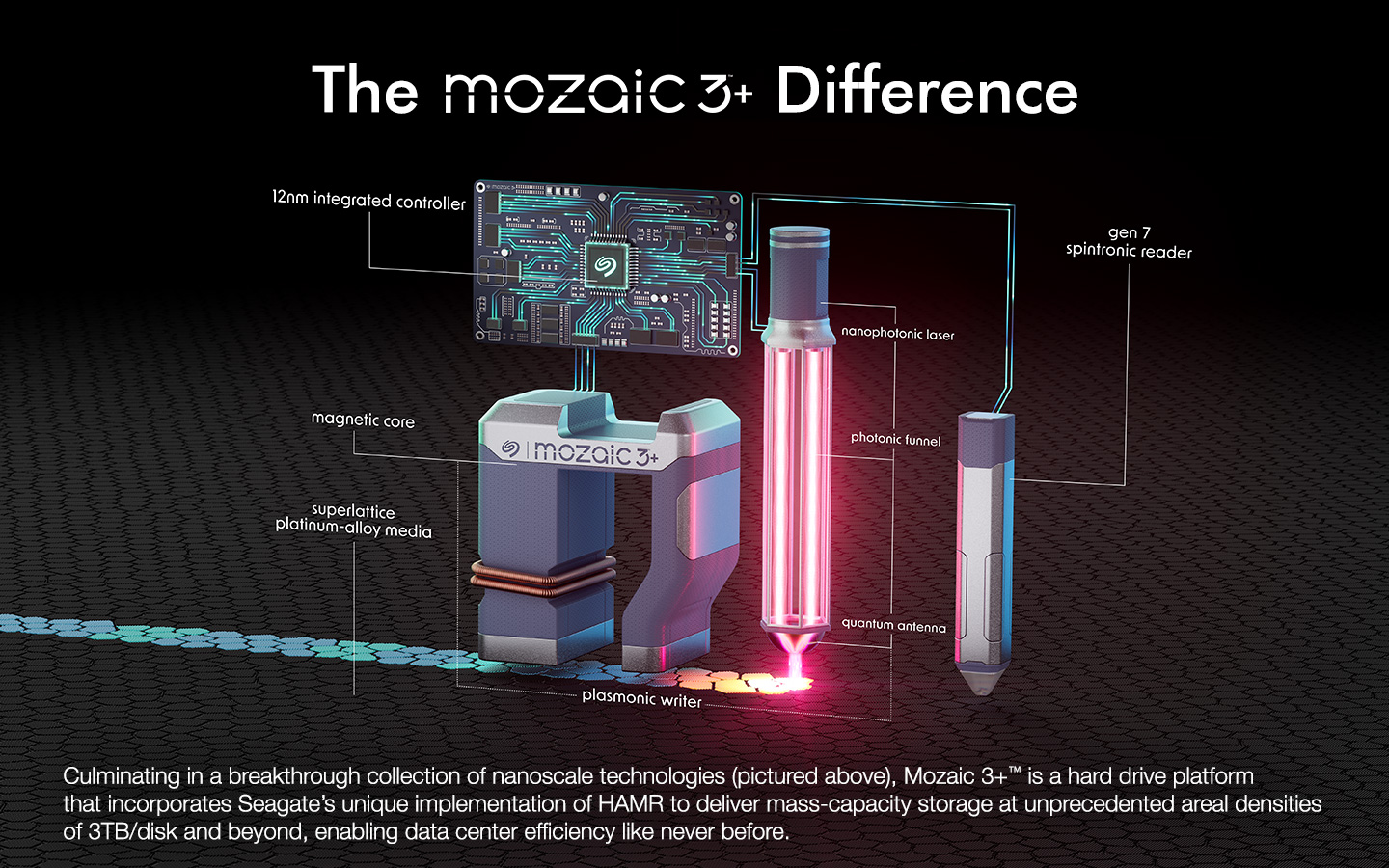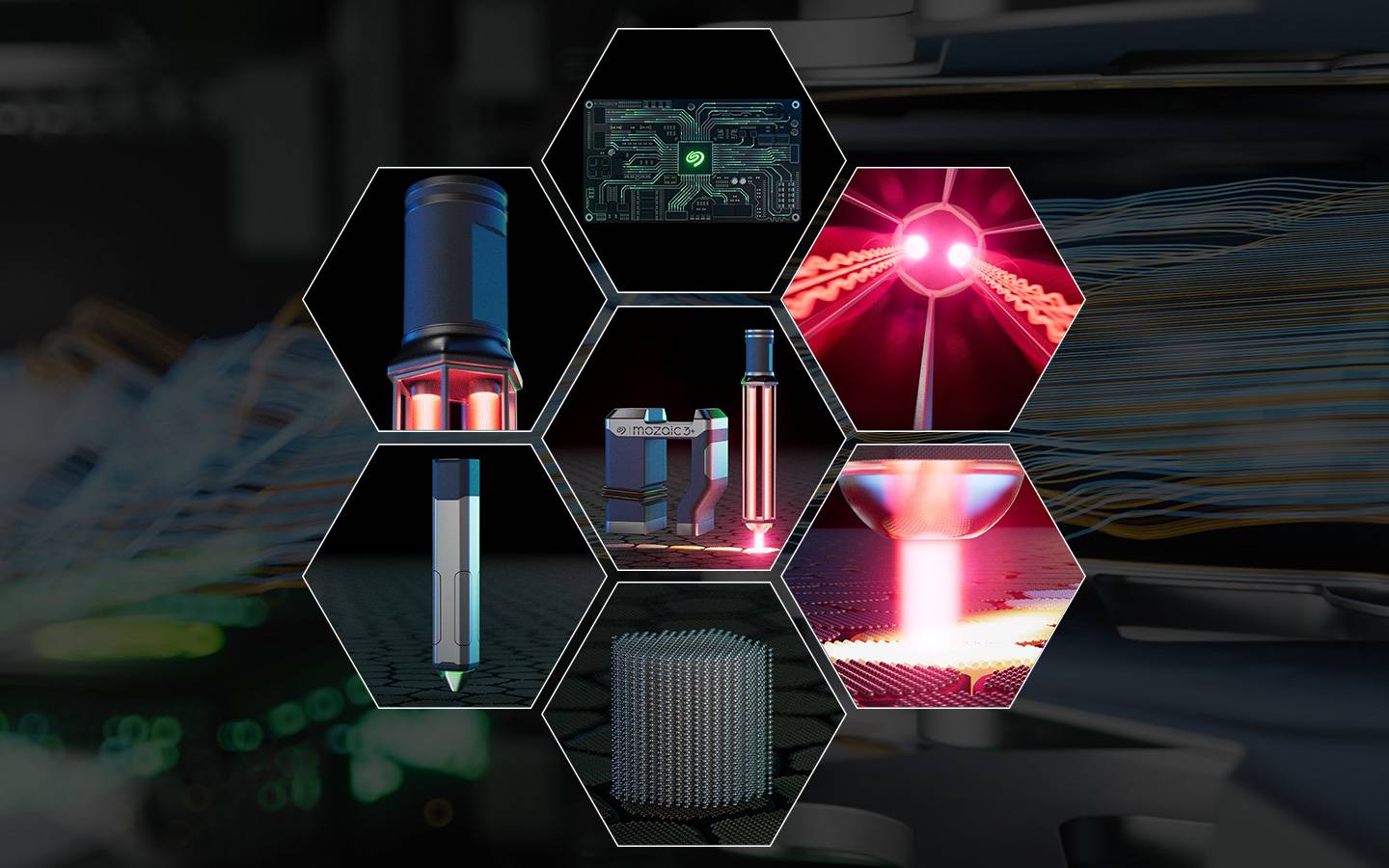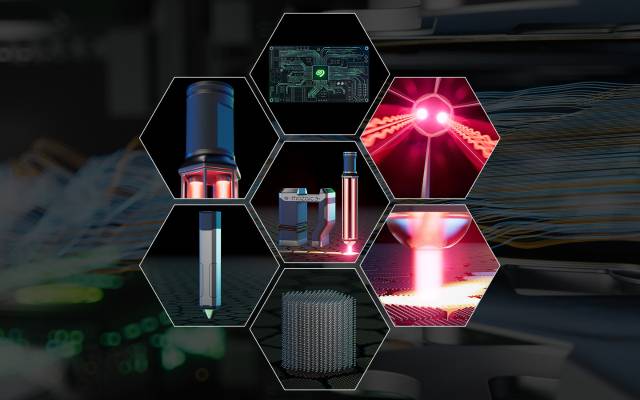The age of artificial intelligence (AI) is upon us, bringing a massive surge in data generation and storage needs. As AI models grow in complexity and application, the demand for reliable, high-capacity data storage solutions has never been greater.
Seagate's Exos series hard drives powered by Mozaic 3+ technology, the industry’s first to deliver areal density of 3 TB per platter, are at the forefront of meeting this challenge. By enabling the mass capacity required for evolving and expanding AI workloads, Mozaic 3+ technology is paving the way for the next generation of data centres and cloud architectures.
The growing demand for AI-centric storage solutions.
AI's rapid deployment across industries has led to an unprecedented explosion in data creation. Modern AI models are not only larger and more complex than their predecessors, but they also generate, consume, and replicate vastly greater amounts of data. According to recent analyses, the number of AI models is doubling each year, with AI-generated data expected to increase by 167 times by 2028.
Responding to the massive AI data growth isn't just about addressing a technological phenomenon. It's about enabling the profound benefits that AI advancements can offer humanity. AI is already proving its value in areas of the world’s most pressing challenges. It is accelerating cancer research and drug discovery by analysing vast biological datasets, allowing scientists to identify potential treatments faster than ever before. In climate science, AI is improving disaster predictions, helping to mitigate the effects of floods, droughts, and other natural disasters by offering more accurate forecasts. These advances are crucial not only for protecting human life, but also for enabling better preparedness and response strategies.
Moreover, AI tools help optimise renewable energy production and the efficiency of clean energy sources like solar and wind farms. By predicting energy generation patterns and optimising storage, AI helps maximise the use of renewable resources while reducing waste. From advancing fusion energy research to optimising water management in drought-prone regions, AI has the potential to revolutionize the way we address global challenges by providing the scale and speed that human efforts alone cannot achieve, ultimately improving quality of life and sustainability worldwide.
These examples illustrate why the continued growth of trustworthy AI is vital to society, and why supporting this growth with cutting-edge storage technologies like Seagate’s Mozaic 3+ is so critical. The ability to process, analyse, and store vast amounts of data is foundational to achieving these breakthroughs.
The surge in AI workloads is forcing data centres to rethink their storage infrastructures. Traditional storage systems are increasingly unable to keep pace with AI’s evolving demands. The challenges extend from mass capacity into real-time data access, performance optimisation, system scalability, cost efficiency and sustainability. By offering industry-leading areal density, Seagate’s hard drives built on Mozaic 3+ technology form the foundation of scalable storage architectures designed to handle diverse AI workloads efficiently, enabling broader solutions that scale up and scale out to meet AI’s growing demands.
Mozaic 3+: a revolution in areal density.
Mozaic 3+ technology is a groundbreaking innovation that significantly advances areal density — the amount of data that can be stored per unit on a hard drive platter. With Seagate being the only hard drive manufacturer offering 3 TB+ per platter — a capability that will soon expand to 4 TB+ and 5 TB+ per platter — Mozaic 3+ is a significant leap forward. This technology leverages Seagate’s unique implementation of HAMR technology based on industry-first innovations — such as advanced spintronic readers, plasmonic writers, and nanophotonic laser technologies — to triple data centre capacity within the same physical footprint, optimising total cost of ownership (TCO) and sustainability.

Mozaic 3+ offers enhanced energy efficiency, reducing per-terabyte power usage by 62% compared to traditional hard drives. A Seagate Exos Mozaic 3+ 30 TB drive reduces embodied carbon by 71.7% making it 3.5 times more efficient in terms of embodied carbon per terabyte compared with the typical 10 TB drives it will replace in data centres. This not only reduces operational costs but also aligns with the growing emphasis on sustainability across industries. Fewer drives are needed to store the same amount of data, reducing the physical space and power requirements in data centres — and contributing to lower carbon footprints for enterprises.
The scientific and technological breakthroughs behind Mozaic 3+.
Mozaic 3+ is the product of decades of research in nanotechnology, photonics and quantum mechanics. Built upon Seagate’s unique implementation of heat-assisted magnetic recording (HAMR) technology, Mozaic 3+ achieves industry-leading areal density through breakthroughs in materials science and thermal management. The use of superlattice platinum-alloy media, plasmonic writing processes, and quantum-based spintronic readers allows Mozaic 3+ to push beyond traditional storage limitations, delivering unprecedented storage density and efficiency.
The nanophotonic laser technology used in Mozaic 3+ focuses energy on an extremely precise area of the disk, raising the temperature of the recording media to over 800º Fahrenheit in nanoseconds (and then cooling it immediately). This allows data to be inscribed with precision by the magnetic core write head, with the surrounding data remaining unaffected. Seagate’s integration of advanced thermal management systems keeps the entire process stable and efficient, minimising errors and boosting overall performance.
To retrieve the densely packed data, Seagate introduced its Gen 7 spintronic reader, a quantum-based magnetic field sensor capable of detecting minuscule changes in magnetization. This ensures reliable data retrieval even from densely packed tracks, reducing interference between adjacent data bits.

These advancements make Seagate's Mozaic 3+ technology not only a significant breakthrough in storage capacity but also a game-changer in energy efficiency, performance and scalability. These areas are key for data centres that aim to optimise their TCO while keeping pace with the evolving demands of AI workloads.
Supporting AI's exponential growth.
AI’s reliance on vast datasets presents a double-edged sword. While data is the lifeblood of AI, the sheer volume can overwhelm traditional storage infrastructures. With the ability to store more data in less physical space, Mozaic 3+ drives enable data centres to scale their AI capabilities without the need for massive infrastructure overhaul.
Contributing to the exponential growth of AI datasets, a crucial element of AI training involves checkpoints, or recurring snapshots of the AI training model’s state that are saved at regular intervals to ensure the accuracy and accountability of the training process. In large-scale AI workloads, such as training large language models (LLMs), checkpoints are saved every minute to SSDs (where each checkpoint is overwritten by a new one), and every five minutes or so to longer-term hard drive storage (where each checkpoint is kept at least for the duration of the model’s training). This process helps ensure that AI models can be trusted, as these checkpoints serve as a verifiable record of model training progress, ensuring the validity and reliability of AI outputs.
Trustworthy AI is built upon transparency, security and accountability. Data lineage, checkpointing, and secure long-term storage enable AI systems to remain auditable, compliant and explainable. Mozaic 3+ hard drives provide the high areal density necessary for the most efficient high-capacity storage to support these workflows, ensuring the reliability of both the raw data used in AI training and the outcomes generated by AI models.
Additionally, AI’s increasing shift toward handling rich media content — videos, images and 3D data — demands storage solutions that offer both high capacity and high performance. Seagate’s Exos drives powered by Mozaic 3+ are particularly well-suited to provide the scalability, reliability, and efficiency needed to store and access these large unstructured datasets.
The future of AI-optimised storage.
Looking ahead, Seagate is already developing future advancements in its Mozaic platform, with 4 TB+ per platter on the near horizon and 5 TB+ per platter also in development. This continuous innovation ensures that Seagate remains at the forefront of the data storage industry, ready to meet the ever-increasing demands of AI-driven data centres.
As AI continues to evolve, Seagate’s Mozaic 3+ technology will evolve with it, ensuring that data storage infrastructures remain equipped to meet the demands of tomorrow’s AI landscape and help humanity tackle its greatest challenges. Whether it’s enhancing the scalability and efficiency of data centres, optimising AI-driven decision-making in real time, or supporting the rich media content driving AI innovation, Mozaic 3+ is the key to unlocking the full potential of AI in today’s world.









